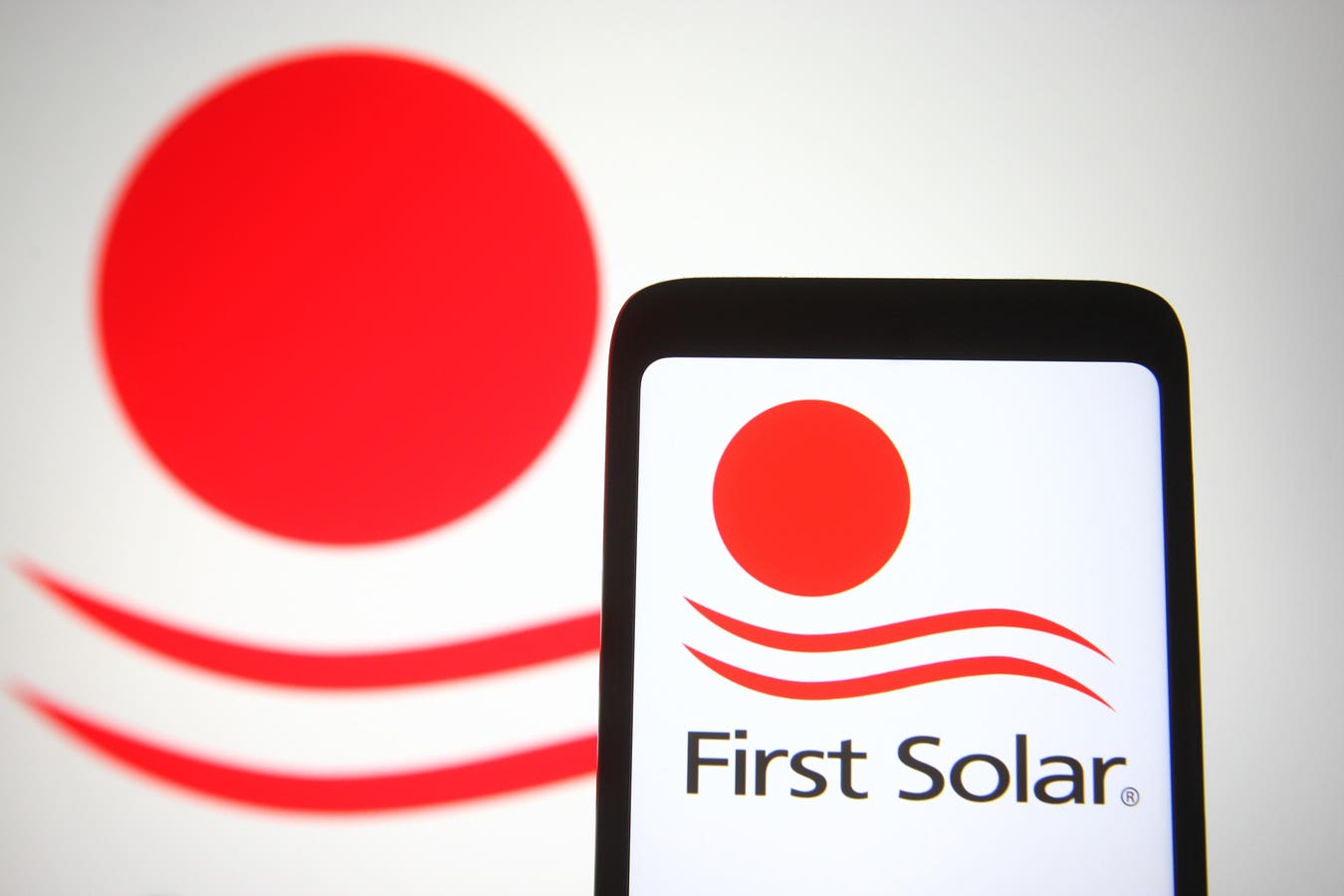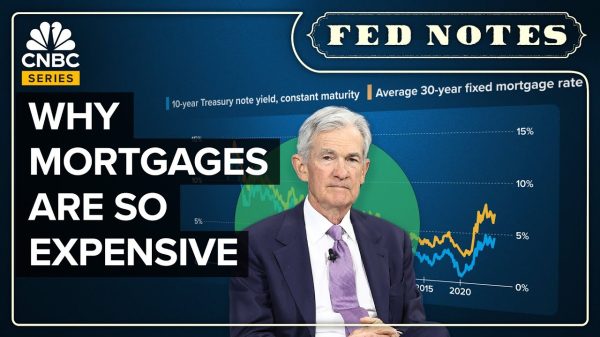First Solar
FSLR
NEE
NEP
Now, FSLR stock has seen extremely strong gains of 60% from levels of $100 in early January 2021 to around $160 now, versus an increase of about 20% for the S&P 500 over this roughly 3-year period. However, the increase in FSLR stock has been far from consistent. Returns for the stock were -12% in 2021, 72% in 2022, and 6% in 2023. In comparison, returns for the S&P 500 have been 27% in 2021, -19% in 2022, and 19% in 2023 – indicating that FSLR underperformed the S&P in 2021 and 2023. In fact, consistently beating the S&P 500 – in good times and bad – has been difficult over recent years for individual stocks; for heavyweights in the Information Technology sector including AAPL, MSFT, and NVDA, and even for the megacap stars GOOG, TSLA, and AMZN. In contrast, the Trefis High Quality Portfolio, with a collection of 30 stocks, has outperformed the S&P 500 each year over the same period. Why is that? As a group, HQ Portfolio stocks provided better returns with less risk versus the benchmark index; less of a roller-coaster ride as evident in HQ Portfolio performance metrics. Given the current uncertain macroeconomic environment with high oil prices and elevated interest rates, could FSLR face a similar situation as it did in 2021 and 2023 and underperform the S&P over the next 12 months – or will it see a strong jump?
Overall, we think that there are multiple long-term positives for the solar sector at large and First Solar in particular. Inflation data for last month was also tamer than expected, with consumer prices remaining flat month over month in October. This is giving investors some confidence that the Fed could ease its interest rate hiking campaign. The sector should also see a meaningful tailwind from the Inflation Reduction Act signed into law in August 2022, which carries about $370 billion in subsidies and credits for clean energy investment. First Solar will emerge as one of the big beneficiaries of the U.S. efforts to encourage domestic renewables production, with the panel maker expecting to receive as much as $710 million this year in subsidies. The company intends to expand its manufacturing capacity in Ohio and Alabama. Moreover, supply chain snags that hit most industries have also been easing this year and this could eventually help improve supply and margins for solar manufacturers. First Solar projects that its gross margins could rise from levels of about 20% currently to 30% over the next three years, excluding the benefits of the Inflation Reduction Act, driven by lower cost per watt of its panels and strong average selling prices. Operating margins will grow from 10% to 24% over the next three years. The company also has considerable revenue visibility, with a bookings backlog of 81.8 gigawatts extending through 2030. There also remains a long runway for the uptake of solar as an energy source. A 2021 study by the Energy Department indicated that solar could account for 40% of U.S. electricity generation by 2035, up from less than 5% in 2022. This could drive growth in the longer term. We remain positive on First Solar stock, with a $211 price estimate, which is about 36% ahead of the market price. See our analysis of First Solar Valuation: Expensive or Cheap for more details.
Invest with Trefis Market Beating Portfolios
See all Trefis Price Estimates
Read the full article here













